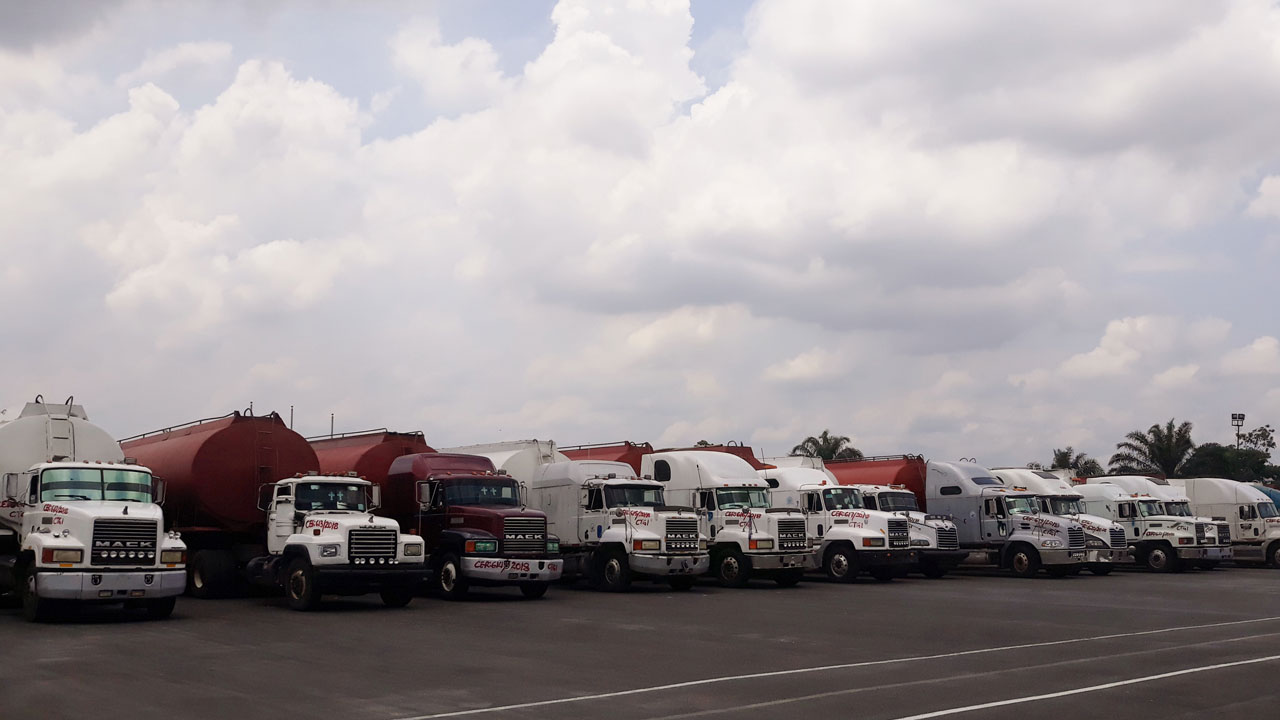The recent nationwide shutdown by the Petroleum and Natural Gas Senior Staff Association of Nigeria (PENGASSAN) has again brought to the fore the uneasy balance between workers’ rights and national stability. The strike, sparked by the alleged dismissal of 800 Nigerian workers at the Dangote Petroleum Refinery for joining the union, has reignited a heated debate about the limits of union power in Nigeria.
PENGASSAN claims that the dismissal violates constitutional labour rights, Nigerian labour laws, and International Labour Organisation (ILO) conventions. The union also alleges that many of the dismissed workers have already been replaced—mainly with Indian nationals—in roles that Nigerians should have filled. To the union, this smacks of unfair labour practices and an attempt to undermine unionism in the private sector.
The Dangote Refinery, however, maintains that the reorganisation that led to the dismissals was necessary to prevent sabotage and improve operational efficiency. The company insists that the move was neither arbitrary nor malicious, but a strategic decision aimed at safeguarding its multibillion-dollar investment.
Meanwhile, the strike had far-reaching consequences. It led to a sharp spike in the price of Liquefied Petroleum Gas (LPG), popularly known as cooking gas, which surged to an unprecedented N3,000 per kilogramme in many parts of the country. Although the National Bureau of Statistics (NBS) reported a drop in the average cost of refilling a 5kg cylinder—from N8,243.79 in July to N6,404.02 in August 2025—our market survey revealed that retail prices have soared to between N1,800 and N3,500 per kilogramme across Lagos and Ogun states. The economic ripple effect was immediate: disrupted petroleum supply, stalled exports, and the hardship of households forced to resort to charcoal or electricity for cooking.
Expectedly, opinions are divided. The Trade Union Congress (TUC), led by a former PENGASSAN president, threw its weight behind the strike, while Vice President Kashim Shettima defended the Dangote Refinery, describing it as a national asset too vital to be endangered by union action. “Aliko Dangote is not just an individual; he is an institution and a leading light in Nigeria’s economic parliament,” Shettima said. “If he had invested $10 billion in Microsoft or Amazon, he might be worth $80 billion by now. But he chose to invest in his country, and we owe it to future generations to protect and promote his efforts.”
The PENGASSAN strike, therefore, has become more than a labour dispute—it is a test of how Nigeria balances legitimate union rights with the need to preserve national economic stability. The oil and gas sector remains the lifeblood of the nation, accounting for most foreign exchange earnings and government revenue. A fact is that whenever a powerful union like PENGASSAN withdraws its services, even if it is briefly, the country’s economy trembles.
In other words, the strike has raised questions about how far unions should go in pressing their demands, especially when their actions risk crippling essential national services. Many government officials and industry observers argue that unions sometimes wield disproportionate power, using strikes as leverage in ways that can destabilise the economy. On the other hand, union advocates insist that unions are reacting to government insensitivity, broken promises, and poor governance, which leave them with little alternative.
Agreed, the PENGASSAN strike was a legitimate instrument for pressing demands, but it must never be wielded in a way that sabotages the Dangote Refinery or undermines Nigeria’s fragile economy. We, therefore, agree with the Vice President that the Dangote Refinery must be protected. The refinery represents far more than a private business venture; it stands as a strategic national asset with the potential to transform Nigeria’s economic landscape. As Africa’s largest refinery, it promises to drastically reduce the country’s dependence on imported petroleum products, save billions of dollars in foreign exchange, and stabilise the domestic fuel supply. At a time when Nigeria’s economy is groaning under inflation, foreign exchange shortages, and dwindling oil revenues, the success of the Dangote Refinery could mark a turning point toward self-sufficiency and industrial resurgence.
In fact, protecting the Dangote Refinery should mean protecting national economic security. It requires the government to create a stable regulatory environment, ensure fair market competition, and shield the refinery from political manipulation. Instead of stifling private initiative, Nigeria should rally around such transformative projects as symbols of national pride and instruments of economic liberation.
While organised labour, such as PENGASSAN, has every right to protest poor working conditions, unpaid wages, or exploitative policies, such actions should not cripple vital national assets that hold the key to economic recovery. The Dangote Refinery represents a strategic lifeline for Nigeria — a project capable of ending decades of fuel import dependency and stabilising domestic supply. To jeopardise its operation through prolonged strikes or blockades would amount to economic self-sabotage. PENGASSAN must, therefore, pursue its grievances through dialogue, negotiation, and patriotic restraint, recognising that the long-term welfare of Nigerian workers is inseparable from the health of the national economy. Labour power should be exercised responsibly — to build, not to break.
On its part, the government must not interpret the PENGASSAN agitation as rebellion but as a call for genuine engagement and reform. The recurring tension between organised labour and the Nigerian government reflects years of unfulfilled promises, weak institutions, and insincere dialogue. To avert future crises, the government must strengthen mechanisms for collective bargaining, ensure prompt resolution of disputes, and create a predictable policy environment that fosters mutual trust.
Protecting the Dangote Refinery and other critical national assets does not mean suppressing labour rights — it means establishing a fair system where workers’ voices are heard without jeopardising national stability. A responsible government must strike a balance between firmness and fairness, ensuring that legitimate labour concerns are addressed through dialogue, not confrontation.
Ultimately, both PENGASSAN and the government must recognise that they are partners in national progress, not adversaries in an endless power struggle. Nigeria cannot afford to sacrifice economic stability on the altar of industrial conflict. Protecting the Dangote Refinery — and by extension, the national economy — is not just a business necessity; it is a patriotic duty.






